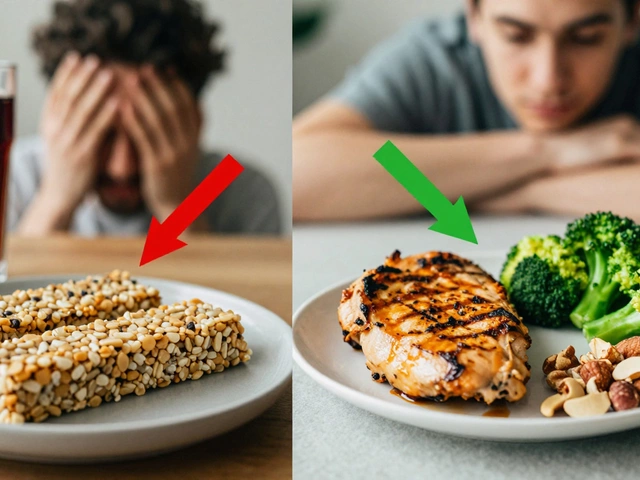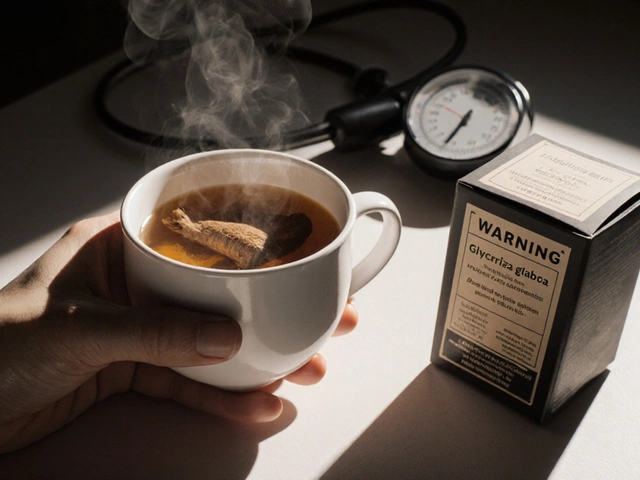Herbal supplements are often seen as a natural and safe option for improving health, but some can cause liver toxicity. This article explores which herbs pose a risk to liver health. Readers will discover the specific herbs linked to liver issues and learn about safe usage and guidance on what to watch for while using herbal supplements. Understanding these risks can help make informed choices about supplement use.
Read MoreToxic Herbs: What to Avoid for a Pain‑Free Life
If you love herbs but hate side effects, you need to know the dark side of some Indian plants. Not every herb is a miracle cure; a few can actually worsen pain, trigger inflammation, or mess with your meds. This guide breaks down the most common toxic herbs, how they hurt you, and what safer choices you can make right now.
Common Toxic Herbs in Indian Kitchens
Many households use ajwain (carom seeds) in large amounts, thinking it aids digestion. In excess, ajwain can irritate the stomach lining and raise acidity, leading to heartburn and joint discomfort. Gudhal (oleander) is pretty to look at, but every part of the plant is poisonous. Even a tiny sip of its tea can cause severe stomach cramps, vomiting, and heart rhythm problems. Another unsuspected culprit is nigella sativa (black cumin) when taken in high doses; it may interfere with blood‑thinning drugs, raising bleeding risk after surgery.
Then there’s karela (bitter melon) leaves. While the fruit is praised for blood‑sugar control, the leaves contain toxic compounds that can cause liver stress if eaten raw. Gokhru (Tribulus terrestris) is often marketed for testosterone boost, but overuse can raise blood pressure and trigger kidney irritation. Finally, amla (Indian gooseberry) powder sounds like a vitamin‑C powerhouse, but poorly processed powder may contain heavy metals that aggravate joint pain.
How to Stay Safe and Choose Healing Herbs
First, always buy herbs from reputable sources. Certified organic stores test for heavy metals and pesticide residues, which are common hidden hazards. Second, pay attention to dosage. Most toxic effects happen when you exceed the recommended amount—stick to the serving sizes suggested by Ayurvedic practitioners or product labels.
Third, pair herbs with proper food. Taking bitter herbs on an empty stomach can amplify irritation; a small snack of yogurt or fruit can buffer the impact. Fourth, watch for interactions with medicines. If you’re on pain‑killers, blood thinners, or diabetes meds, check with your doctor before adding any new herb to your routine.
When in doubt, choose known safe alternatives. For digestion, try a modest pinch of fennel seeds or coriander powder. For joint support, turmeric with black pepper is well‑studied and gentle. If you need a blood‑sugar aid, fresh bitter gourd (the fruit) works better than any leaf or powder.
Remember, the goal is a pain‑free life, not a painful experiment. By steering clear of the toxic herbs listed above and following these simple safety steps, you can enjoy the healing power of Indian herbs without the risk of hidden danger.





